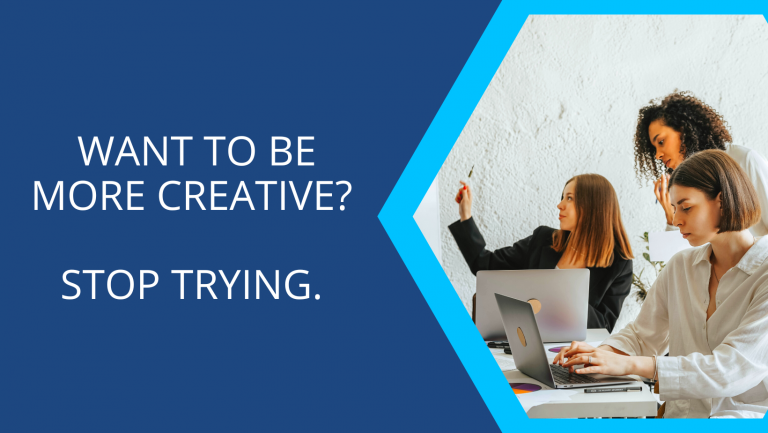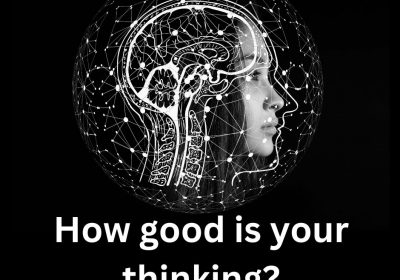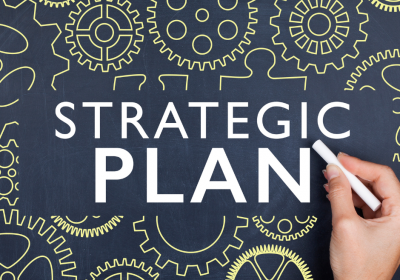
Apparently, the key to creativity is to stop trying to be creative.
The world of neuroscience has been making more and more discoveries about how the brain works and how it’s functioning affects how we learn and process information. We can use those insights to help us with productivity and creativity in all aspects of our lives, including work!
Understanding your brain
Visualize your brain having two parts – the conscious and subconscious. The conscious part is where you ‘do’ most things like cooking dinner or doing math. It’s made up of your short term, long term and working memory. Your long term memory is where you store information like 10+10 = 20 , which means you don’t have to keep working it out. Your working memory has to do the more complicated things like tackle challenges and problems at work.
Now compare that to your subconscious mind. The calculations and processing that part of your brain does is extremely complex. It has to calculate things like how to keep you standing up, which requires exact calculations of the right amount of pressure to apply to each of the body muscle groups.. and it does all that and much more without you even noticing.
It’s your subconscious that can be a real help in generating ideas. This will be no surprise to those of you who have ideas in the middle of the night, (I know I do), the shower or bath, or when doing ‘auto pilot’ or repetitive tasks like driving or knitting. Your subconscious can make connections and process more complex information than your conscious mind.
But to really get us going, we have to know how to ‘use’ our subconscious , or rather let it do its thing effectively.
Finding that sweet spot
So how do we do that? That means 2 things : Being quiet (or rather having a quiet mind) and being inwards focussed. Both these things help us with creativity. Here’s how.
According to the research, information in your brain is made up of neurons. Neurons that fire together, wire together to make new connections – essentially new ideas or insights we haven’t had before- the definition of creativity. I imagine them as a little balls of light that group together so you can see them in the dark of your brain. Not remotely a scientific explanation and possibly a tad simplistic but it works for me!
Now imagine insight or ideas as being a weak version of that light. The connections aren’t as strong, so it’s hard to notice these new connections or insights. A bit like trying to hear the phone ring when the TV is on and the dog is barking and your kids are yelling. We need quiet to ‘hear’ or ‘see’ the energy coming from these connections. Which is why being inwardly focussed works. If you’re busy noticing everything happening around you then you wont have as much capacity to notice the thoughts – the weaker groups of neurons- forming. Essentially, you aren’t noticing your own creativity!
So, lovely bit of metaphor I know, but so what? Well, that has implications for how we work. Here are our 3 main take-aways.
1. We often push to get things done quickly but there is a reason that ‘reflection’ is part of the learning cycle. The subconscious brain needs time to do its thing. Don’t push for creativity in one meeting, allow people some space to reflect.
2. Brainstorming and idea sharing is important, but taking some space to reflect on your own may help you have more insights. Consider brainstorming first for some input, then allowing everyone time to go away and let things percolate for maximum creativity.
And lastly,
3. Taking space to relax and just be is important. Not just for our well being, but actually for our performance and creativity. We have created something of a ‘busy’ culture these days, where people often feel most productive if they are doing things all the time or their lives are very full, but it’s in the space between the doing that we may just have our best ideas so doing nothing might actually be your most productive activity.
When do you have your best ideas? How do you foster creativity and insight? What can you do to create more space for inspiration in your day?



